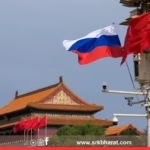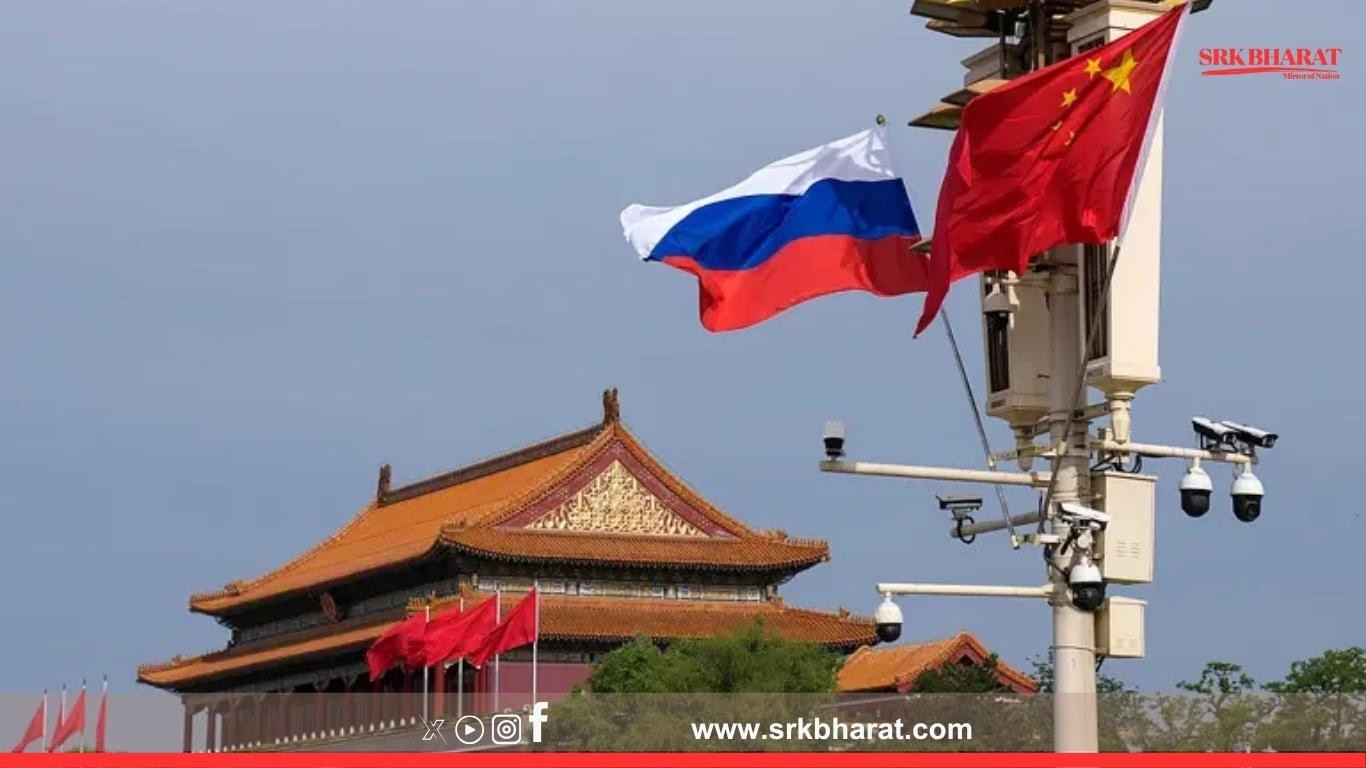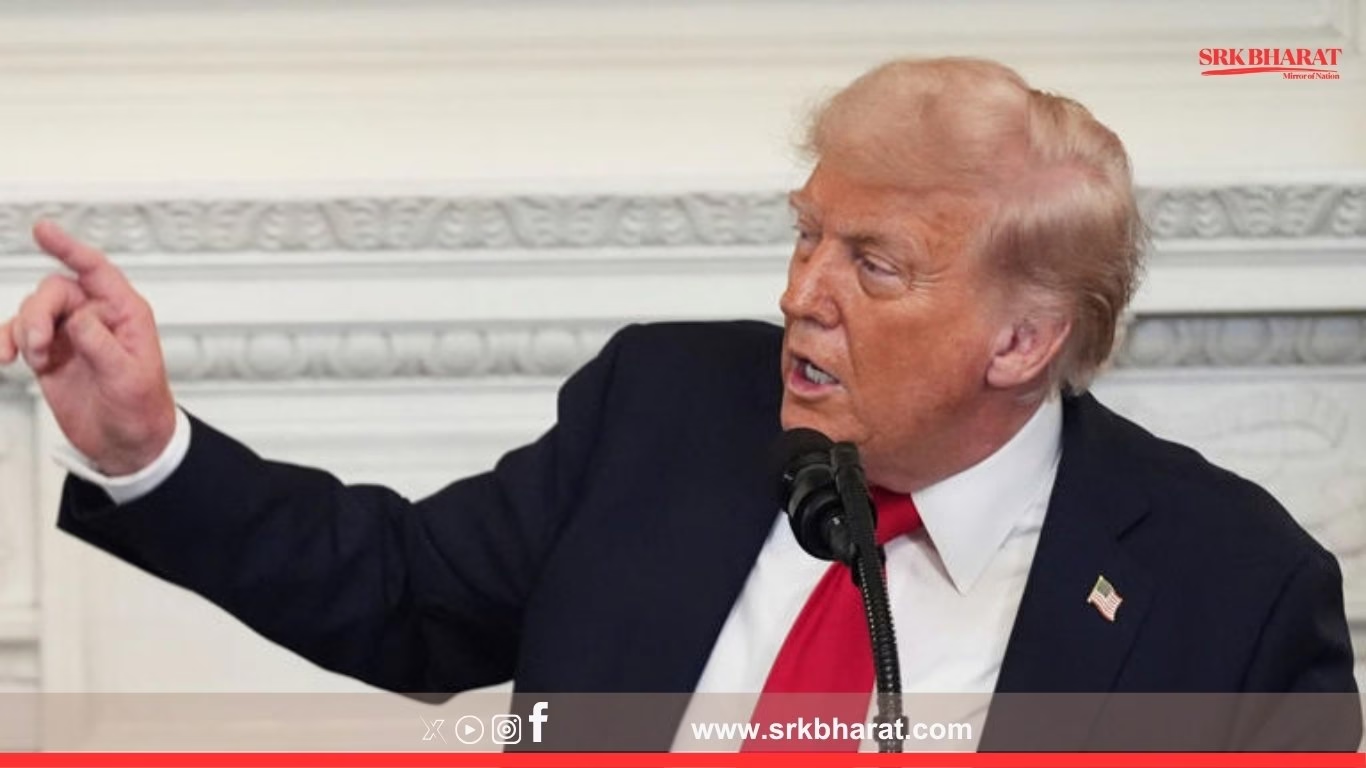In a defiant move that underscores growing global energy realignments and intensifying geopolitical rivalries, China has firmly rejected calls from the United States to halt its purchases of oil from Russia and Iran. The Chinese government has argued that such demands are politically motivated and violate the principles of sovereign trade. Beijing emphasized its right to make energy decisions in accordance with its national interests and sharply criticized what it described as Washington’s “hegemonic” tactics in attempting to control global energy flows.
The U.S., seeking to strengthen sanctions on Moscow and Tehran over a variety of issues ranging from Ukraine to nuclear proliferation, has consistently pressured its allies and strategic competitors to cut off energy ties with both countries. However, China remains a key lifeline for both sanctioned regimes, with Beijing importing millions of barrels of crude oil each month, directly undermining Western efforts to isolate the two energy exporters.
Diplomatic Flashpoint Amid Global Tensions
The controversy over oil imports is only the latest in a series of flashpoints between the world’s two largest economies. The United States accuses China of indirectly supporting Russia’s war in Ukraine by purchasing discounted Russian oil, thereby providing Moscow with critical revenue. In the case of Iran, U.S. officials have also expressed concern that Chinese imports are helping Tehran skirt sanctions imposed in response to its nuclear program and alleged support for militant groups.
In response to the growing criticism, Chinese Foreign Ministry spokesperson Lin Jian reiterated that energy cooperation with Russia and Iran is “lawful, legitimate, and based on mutual consent.” He stated that “China strongly opposes unilateral sanctions that lack international legal standing,” adding that trade relations will not be dictated by “external pressure or threats.”
Chinese Oil Imports: Defying Pressure
Despite mounting U.S. pressure, Chinese oil imports from Russia and Iran have not only continued but increased in recent months. Official customs data and shipping analytics suggest that Chinese refiners and state-run oil firms have been buying discounted crude in large volumes, capitalizing on the global supply instability caused by Western sanctions.
Monthly Average Crude Oil Imports by China (2024–2025)
| Country | Jan–Jun 2024 (barrels/day) | Jul–Dec 2024 (barrels/day) | Jan–Jun 2025 (barrels/day) |
|---|---|---|---|
| Russia | 1.72 million | 1.85 million | 2.04 million |
| Iran | 970,000 | 1.12 million | 1.38 million |
| Saudi Arabia | 1.60 million | 1.58 million | 1.52 million |
| Angola | 870,000 | 810,000 | 760,000 |
| Iraq | 1.10 million | 1.05 million | 1.01 million |
The data indicates that Russian and Iranian oil imports are gaining ground, while traditional suppliers like Saudi Arabia and Angola have seen declines.
Economic and Strategic Rationale
Beijing’s decision to continue oil trade with Russia and Iran stems from both economic pragmatism and strategic calculus. With global oil prices fluctuating and domestic consumption remaining high, China views discounted energy deals with Russia and Iran as beneficial to national energy security.
Moreover, Chinese energy firms often benefit from favorable payment terms, insurance arrangements, and transport discounts when dealing with these pariah states. These deals also help China reduce its dependency on Western-aligned oil producers and U.S.-influenced financial systems.
In essence, China is constructing a parallel energy ecosystem that sidesteps traditional dollar-dominated oil markets, often using yuan-based settlements or barter arrangements, especially with Iran.
U.S. Sanctions: Limited Effectiveness
The Biden administration has imposed or threatened secondary sanctions on entities and companies found to be facilitating oil trade between China, Russia, and Iran. However, these actions have yielded limited results, largely because of the complexity of global oil trading systems and China’s vast economic influence.
U.S. Treasury officials have acknowledged the difficulties in policing clandestine shipments, as much of the Iranian oil enters China disguised as crude from other countries or through ship-to-ship transfers. In the case of Russian oil, Moscow has established a robust “shadow fleet” of tankers, many of which operate outside the oversight of Western insurance and classification systems.
Implications for Global Energy Markets
China’s continued defiance of U.S. sanctions has significant implications for global energy dynamics. It not only keeps Russian and Iranian oil revenues flowing but also contributes to price stabilization at a time when supply constraints could have pushed prices higher.
Experts suggest that if China were to halt its imports, Russia’s oil revenues could plummet by nearly 40%, severely impacting its ability to finance the Ukraine war. Similarly, Iran’s already-embattled economy would face additional shocks, weakening its domestic stability and regional influence.
But Beijing’s steadfast position complicates the enforcement of U.S. sanctions and demonstrates a major challenge for American foreign policy: sanctions, when not universally adopted, may lose their intended punitive impact.
China’s Broader Geopolitical Message
Beyond economic interests, China’s rejection of U.S. demands also sends a broader geopolitical signal — that it will not adhere to a Western-led order where unilateral sanctions and policy dictates are the norm. Chinese officials have repeatedly stated that the world is “multipolar” and that Washington must accept a world where other powers assert their own rules and systems.
Analysts interpret China’s move as part of a long-term realignment, where it seeks deeper energy, trade, and military ties with non-Western partners including Russia, Iran, Saudi Arabia, and African nations. These relationships, cemented through resource exchanges, infrastructure projects, and diplomatic backing, aim to build an alternative to U.S. influence in global governance.
International Reaction and Risk Outlook
While the U.S. continues to lobby European and Asian allies to put diplomatic pressure on Beijing, the broader international reaction has been muted. Countries dependent on Chinese investments and trade have largely refrained from publicly supporting the U.S. stance.
However, energy analysts warn that this impasse could intensify global risk factors:
- Higher volatility in oil markets due to fragmented supply chains
- Increased geopolitical tension in shipping lanes and choke points
- More robust enforcement measures such as naval blockades or tighter maritime tracking
- Acceleration of alternative currency oil trades, undermining the U.S. dollar’s petro-market dominance
China’s Path Forward
For now, Beijing shows no signs of backing down. In fact, reports suggest that Chinese firms are negotiating longer-term deals with both Russian and Iranian suppliers, potentially locking in discounted rates for years.
Furthermore, China is rapidly developing oil storage infrastructure in its coastal provinces, indicating plans to maintain or even expand crude imports from sanctioned countries. These moves ensure energy security while also solidifying political alliances with regimes isolated by the West.
Conclusion
As the standoff escalates, the energy battleground is becoming symbolic of a larger global shift — one where economic pragmatism, political autonomy, and strategic independence collide with traditional Western-led sanctions regimes. China’s refusal to halt oil imports from Russia and Iran underscores not only a calculated economic choice but also a firm assertion of its global position. The world is watching closely as the balance of power, once firmly tilted toward Washington, begins to recalibrate.
Disclaimer: The information presented in this article is based on public data and expert analysis. All political and economic interpretations are for informational purposes only and do not reflect the views of the publication.











